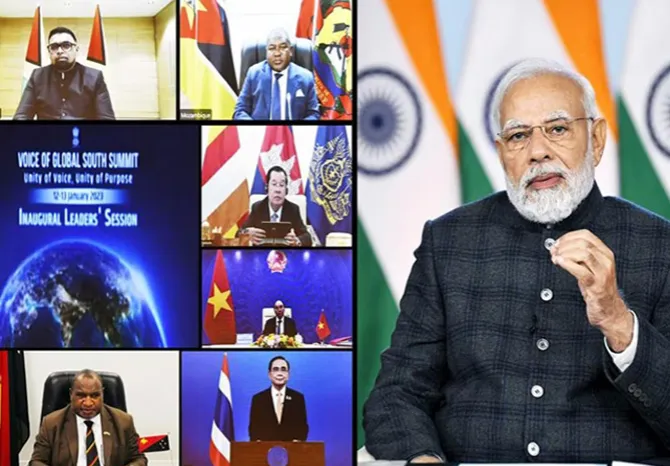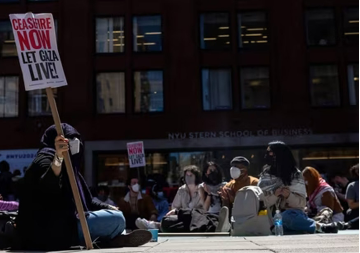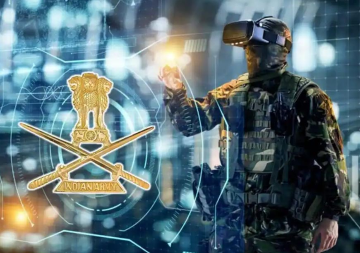
It is a well-known fact that most global challenges including climate change, poverty, development issues and debt crises disproportionately impact the Global South—a disparate grouping of developing countries representing 39 percent of global GDP and 85 percent of the global population. A report by the Stimson Center points out a glaring fact—crises of food, energy, or finance are threatening at least 107 developing countries, comprising 1.7 billion people. Yet the global order and Western-centric multilateral institutions fail to reflect these realities. As PM Modi stated, “The search for solutions does not factor in our role or voice.”
< style="color: #0069a6;">A report by the Stimson Center points out a glaring fact—crises of food, energy, or finance are threatening at least 107 developing countries, comprising 1.7 billion people.
In an effort to correct these imbalances, India championed the concerns and aspirations of the Global South and put the region at the centre of its G20 presidency. At the very beginning of its presidency, India hosted the Voice of Global South Summit virtually with representatives from 125 countries. India even ensured that the region remained centre stage at the G7 Summit in Hiroshima in May this year.
< style="color: #163449;">Under the spotlight
However, the Global South has also been under the spotlight for other critical reasons.
India’s emphasis on the region during its G20 presidency has coincided with the second year of the ongoing Russia-Ukraine conflict. The war has served as a moment of truth—it has laid bare the schisms in perceptions between the Global North and South, bringing to the surface longstanding underlying tensions.
Contrary to European expectations that most countries would rally against Russia, countries have adopted mixed positions towards the conflict based on a myriad of complex factors. Besides obvious realpolitik calculations, historical grievances towards European colonialism and the Global South’s lack of representation in current multilateral structures have contributed to divergences with Europe. This has resulted in an unintended consequence—the Old Continent is finally paying more attention to a long-neglected region.
Since the beginning of the war, Europe has actively courted India to condemn Russia more strongly. In return, an increasingly influential India leading two important global presidencies—the G20 and the Shanghai Cooperation Organisation—articulated its perspectives and highlighted the war’s disproportionate impact on the Global South through the crisis of the three F’s—food, fuel, fertilisers. These Indian efforts during a period of intense polarisation have allowed the G20 to not be entirely hijacked by geopolitical concerns, and instead focus on its mandate of economic and other challenges.
< style="color: #0069a6;">Resulting in striking self-reflection within Europe’s corridors of powers, Jaishankar’s remarks drove home the point that Europe cannot expect support and solidarity while continuing to remain indifferent to the challenges of the Global South.
Simultaneously, India has pushed Europeans towards self-introspection. The Minister of External Affairs, D S. Jaishankar’s viral statement that, “Europe has to grow out of the mindset that Europe’s problems are the world’s problems, but the world’s problems are not Europe’s problems” have resonated far and wide, not only within nations of the Global South but within Europe itself, as is evident in German Chancellor Scholz quoting Jaishankar at the 2023 Munich Security Conference. Resulting in striking self-reflection within Europe’s corridors of powers, Jaishankar’s remarks drove home the point that Europe cannot expect support and solidarity while continuing to remain indifferent to the challenges of the Global South.
In March 2023, EU Foreign Policy Chief Josep Borrell, after his attendance of this year’s Raisina Dialogue and the G20 Ministerial Meeting in New Delhi, wrote, “It was interesting to know about the way many of our non-Western partners around the world perceive today’s troubled times”. In Borrell’s own words, the conclusions he took back with him to Brussels involved taking the ambitions of India and the diverse Global South seriously, while acknowledging the region’s desire for its rightful seat at the multilateral table. In a later blog, Borrell, possibly taking a cue from Jaishankar, noted how the Global South’s ‘fence sitting’ on the war “is driven by perceived double standards and frustration that other issues do not receive the same urgency or resources”.
< style="color: #163449;">An evolving international order
Indeed, the international order is evolving to increasingly reflect the emergence of rising powers in the Global South. The current G20 troika consisting of Indonesia, India, and Brazil, will be followed by South Africa in 2025. As Foreign Policy’s Editor in Chief Ravi Agrawal reiterates, the Global South’s increasing influence and visibility is global politics’ most meaningful trend for 2023. If Europe does not pay attention now, it may well be sleepwalking into another crisis.
< style="color: #0069a6;">India’s clear and consistent articulation of the Global South’s perceptions and challenges has contributed to this belated but necessary shift in European thinking.
By vociferously amplifying the Global South’s voice, India has not only spoken for itself, but on behalf of several countries representing a young, rapidly growing assertive yet vulnerable region. PM Modi’s push to include the African Union as a full member of the G20 is evident of this. The logic is conceptually sound—if the European Union with its population of less than 450 million can be a member of the G20, why can’t the African Union with its more than 1.3 billion population?
On Europe’s part, its struggle to win the battle of narratives in the Global South has driven a fundamental rethink in terms of Europe’s engagement with the region. India’s clear and consistent articulation of the Global South’s perceptions and challenges has contributed to this belated but necessary shift in European thinking.
Europe’s relations with countries in the Global South are at a turning point. Through a more equal and less patronising approach, Europe is slowly and steadily enhancing its diplomatic outreach towards Asia, Africa, and Latin America. To at least some extent, New Delhi can be credited for this—a testament to India’s status as a confident emerging power with the potential to shape global dynamics.
Shairee Malhotra is an Associate Fellow with the Strategic Studies Programme at the Observer Research Foundation.
The views expressed above belong to the author(s). ORF research and analyses now available on Telegram! Click here to access our curated content — blogs, longforms and interviews.




 PREV
PREV


